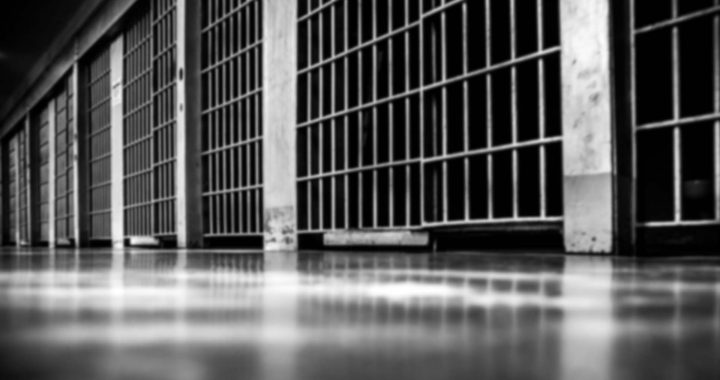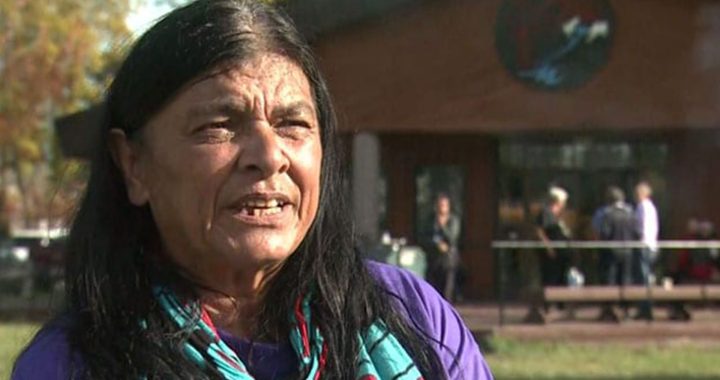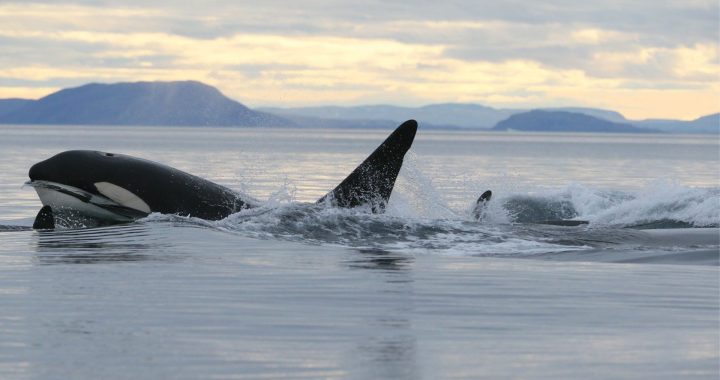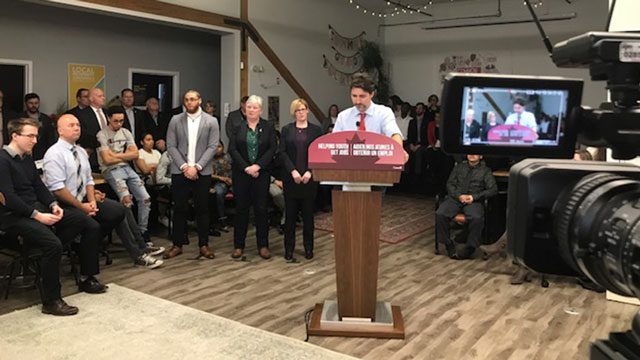
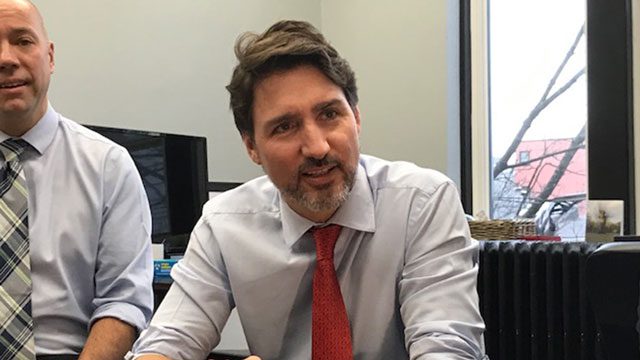
Prime Minister Justin Trudeau says he knows people are impatient for a resolution to tensions involving a disputed natural gas pipeline in northern British Columbia, but time is needed to respect the traditions of the Wet’suwet’en people.
Speaking to reporters in Halifax Tuesday, Trudeau acknowledged the opposition of some Wet’suwet’en leaders to the Coastal GasLink pipeline has led to difficult times for many Canadians over the past few weeks.
He said his government has been focused on trying to find a solution, but added that current tensions stem from Canada’s dark history of mistreatment of Indigenous Peoples in Canada.
“We know that centuries of marginalization, of oppressive, broken government policies have created a situation that is untenable,” Trudeau said.
“It is not an easy process. It is a process we are all impatient with that needs to move forward, but we need to remain positive because the only path forward for our country is for all of us to work together and that is what we’re going to stay focused on doing.”
Prime Minister Justin Trudeau on the Wet’suwet’en conflict.
Wet’suwet’en hereditary chiefs and senior federal and B.C. cabinet ministers reached a proposed agreement over the weekend, but details are not being released until the Wet’suwet’en people are consulted through their traditional feast protocol, which could take up to two weeks.
Trudeau says his government is respecting this process, and will not discuss details of the agreement until the Wet’suwet’en “have an opportunity to share it and discuss it internally,” he said.
But the prime minister also sidestepped a question about how the deal will affect the pipeline project.
All parties have made it clear the agreement touches only land and title rights generally. The liquefied natural gas pipeline itself remains in dispute.
B.C. Premier John Horgan said Monday the pipeline project will go ahead.
“This project is underway. It has been approved and ratified. It’s going to be completed,” Horgan told the B.C. legislature Monday.
He noted the tentative agreement with the Wet’suwet’en chiefs is “forward looking,” dealing with their role in future discussions of land rights.
“There was not, at any time, any objective to go in and convince people to have a different point of view. We had a frank discussion. There was disagreement. The project will proceed. Dissent is appropriate. Unlawful dissent is not,” Horgan said.
Trudeau noted the federal and provincial governments had been working previously with the Wet’suwet’en Nation on rights issues, including a deal signed with Ottawa in 2018 giving the Wet’suwet’en full jurisdiction over their own child and family services.
The new deal, if agreed to by the community, will build on this work, Trudeau said.
While not saying so overtly, Trudeau’s remarks intimated that Ottawa hopes the deal can help lower the opposition to the LNG pipeline project.
“Obviously we have come to what is hopefully a new level of solutions and collaboration with this most recent agreement,” Trudeau said.
“We understand that this is a challenging situation for everyone, but we must remain committed to reconciliation and to the respect and partnership that must underly the path forward we take.”
Meanwhile, Canadian National Railway Co. has started to recall most of the 450 workers temporarily laid off last month during the height of rail blockades that brought the company’s eastern network to a near standstill.
The blockades sidelined more than 1,400 freight and passenger trains and, according to analyst estimates, cost the company scores of millions of dollars.
CN chief executive JJ Ruest says the recovery process will take several weeks as shipments of bulk and consumer products ramp up.
At the ongoing rail blockade south of Montreal on the Kahnawake Mohawk territory, discussion is ongoing about whether the barricades should remain, a spokesman said Tuesday afternoon.
Kanentokon Hemlock, a traditional chief of the Bear Clan, said the tracks will stay blocked as the community builds a consensus on its next steps.
The Mohawks have been in contact with the hereditary chiefs in B.C., who had expressed their gratitude for the support they’ve received, Hemlock said. However, he says it’s up to the Kahnawake Mohawks to decide if and when the blockade comes down.
“They were just really thankful for the support and everything from this way, but it’s on our end now too, as well, (to decide) on how we’re going to continue to support them moving forward,” Hemlock said in a phone interview.




